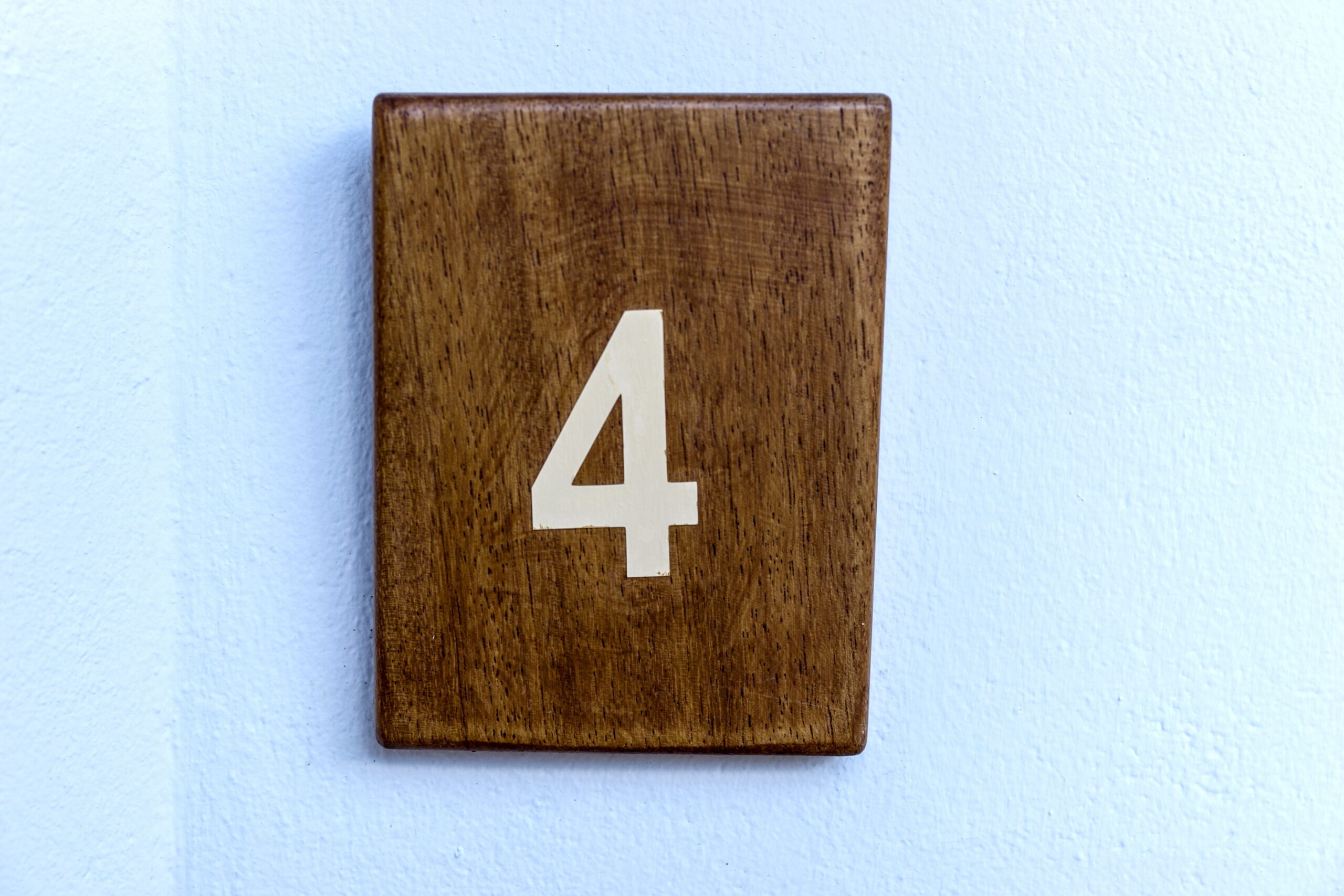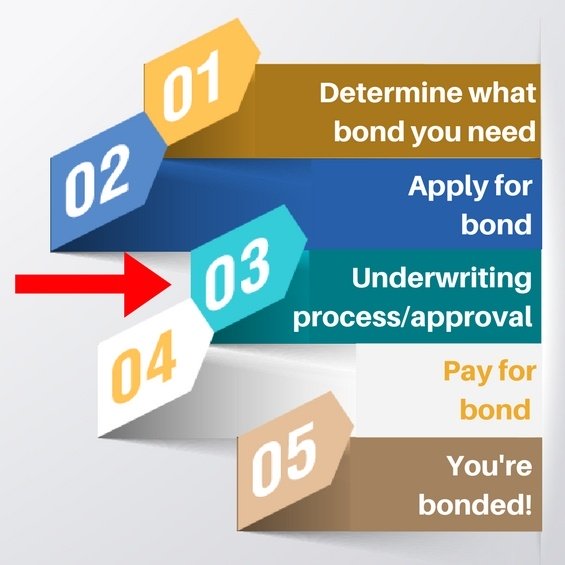
Most people never hear the term ‘surety bond’ until they are told they need one. Bonds, in a business context, are a guarantee for your customers that you will follow through with your obligations.
You can learn more about how surety bonds work.
A good rule of thumb is that if you are told you need a bond, you most likely do.
Here are the top four reasons you would need a surety bond.
Four Reasons You Might Need a Surety Bond
#1: You Need to Get Licensed
Certain industries require surety bonds to get licensed. That is why these bonds are called License and Permit Bonds.
Common License and Permit Bonds include:
- Motor Vehicle Dealer Bonds – Browse Motor Vehicle Dealer Bonds
- Mortgage Bonds – Browse Mortgage Bonds
- Contractor License Bonds – Browse Contractor Bonds
- Collection Bonds – Browse Collection Bonds
- Private Investigator Bonds – Browse Private Investigator Bonds
If you work in a specific industry, you might be required to get a bond before you can legally start conducting business.
A License and Permit Bond guarantees you will faithfully and ethically fulfill your business practices. Essentially, follow the rules. If you fail to follow the rules of your profession, someone can make a claim against your bond.
Because of their nature and prevalence, these bonds are somewhat easy to obtain.
Browse available License and Permit Bonds.
#2: You Need One for a Construction Project
If you are a contractor, you might need a surety bond before you can enter into a construction contract. That is why these bonds are called Contract Bonds.
Common Contract Bonds include:
- Payment Bonds
- Bid Bonds
- Performance Bonds
Every Contract Bond ensures a different action will take place. Bid Bonds, for example, guarantee you will follow through on a contract you bid on. Payment Bonds, on the other hand, guarantee you will pay all suppliers and subcontractors for their work and services.
Contract Bonds, depending on their amount, can sometimes be a challenge to obtain. Contractors often need to supply business financials to get approved for these bonds.
Browse available Contract Bonds.

#3: You Need One for a Court Proceeding
If you are in a court proceeding, the court of law might require you to get a Court Bond before taking further action. Court Bonds are required to ensure protection against possible losses as a result of a court proceeding.
Common Court Bonds include:
Court Bonds are often seen as high risk and almost always require the applicant to post collateral. Because of this, these bonds are often difficult and expensive to obtain.
#4: You Want to Protect Your Business
While surety bonds are often required of businesses, there’s a type of surety bond that is optional. This is called a Fidelity Bond.
Fidelity Bonds protect your business from theft, fraud, and embezzlement from your employees that is not otherwise covered by regular insurance.
There are many types of Fidelity Bonds, some that provide coverage for all employees and others that provide coverage only for certain employees. If your business has a benefit or pension plan, there are Fidelity Bonds that protect these plans from dishonesty or fraud of the fiduciary.
Fidelity Bonds are often easy and inexpensive to obtain.
Browse available Fidelity Bonds.
Conclusion
Surety bonds and fidelity bonds are risk-assessment tools for your business. You might be told you need a surety bond, or you might just want to have a fidelity bond to further protect your business.
A good rule of thumb is that if you are told you need a bond, you most likely do.
Many factors impact the ease of getting a bond and how much your bond will cost. Generally speaking, those with good credit can expect to pay between 1-4% of their total bond amount.
The best way to see what you’d pay for a bond is to get a free quote.
Related links:
What Is A Surety Bond & Why Do I Need One?








